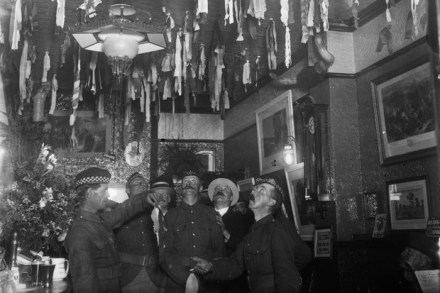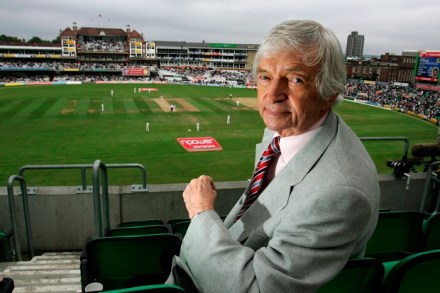In defence of the 1 per cent: a Spectator debate
Ed Miliband’s manifesto can be boiled down to the simple act of shaking his fist at the wealthy. Yes, the super-rich can be annoying – but they are also super-taxpayers. Those at the top should shoulder their fair share, Miliband said today. But he didn’t give any figures: if he did, his argument would collapse. The best-paid 1 per cent pay 25 per cent of the income tax: that’s what I call a fair share. And for those who are serious about fairness, it’s a sign that our society has got something right. The super-wealthy are also super-taxpayers. The best-paid 0.1 per cent pay almost twice as much income tax as the lower-paid 50 per cent. So wealthy

















